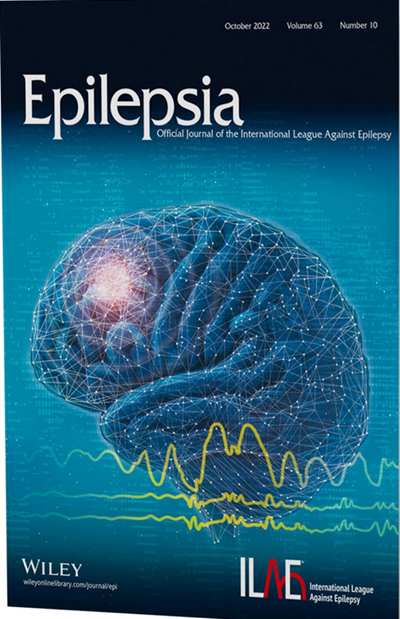Association of baseline sleep duration and sleep quality with seizure recurrence in newly treated patients with epilepsy
Abstract
Objective
Although sleep duration and sleep quality are considered to be significant factors associated with epilepsy and seizure risk, findings are inconsistent, and their joint association remains uncertain. This study aimed to determine independent and joint associations of these two modifiable sleep features with seizure recurrence risk in newly treated patients with epilepsy (PWE).
Methods
This is a prospective cohort study of newly treated PWE at a comprehensive epilepsy center in northeast China between June 2020 and December 2023. Self-reported sleep duration and sleep quality were collected at baseline. All patients were followed for 12 months for recurrent seizures. Cox proportional hazard regression models were used to estimate the hazard ratios (HRs) of seizure recurrence. Models fitted with restricted cubic spline were conducted to test for linear and nonlinear shapes of each association.
Results
A total of 209 patients were included, and 103 experienced seizure recurrence during follow-up. Baseline short sleep was significantly associated with greater risk of seizure recurrence (adjusted HR = 2.282, 95% confidence interval [CI] = 1.436–3.628, p < .001). Sleep duration (h/day) and recurrent seizure risk showed a significant nonlinear U-shaped association, with a nadir at 8 h/day. Baseline poor sleep quality was significantly associated with greater risk of seizure recurrence (adjusted HR = 1.985, 95% CI = 1.321–2.984, p < .001). Pittsburgh Sleep Quality Index score and seizure recurrence risk exhibited a positive linear association. Participants with a combination of poor quality–short sleep showed the highest risk of seizure recurrence (adjusted HR = 3.13, 95% CI = 1.779–5.507, p < .001) compared to the referent good quality–intermediate sleep group.
Significance
Baseline sleep duration and sleep quality were independently and jointly associated with risk of seizure recurrence in newly treated PWE. Our results point to an important potential role of baseline sleep duration and sleep quality in shaping seizure risk.

 求助内容:
求助内容: 应助结果提醒方式:
应助结果提醒方式:


